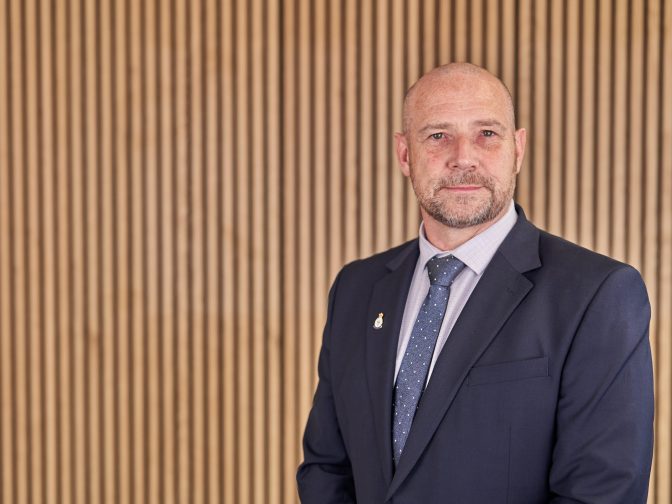

Danielle Raja
Talent, Learning & Development Manager
In an era where the landscape of work is rapidly evolving, and demands for skilled labour continue to grow, apprenticeships and T-Levels provide opportunities for both employers and learners alike.
Apprenticeship programmes transform the traditional route to study and present a powerful strategy for building a future-ready workforce, in turn contributing significantly to the overall economy.
According to the Chartered Management Institute’s analysis of the current English apprenticeship model, apprentices who qualified in 2019 are projected to add £7bn to the economy by year-end 2029. Based on an initial training investment of £2bn, this equates to a 300% return on investment.
In addition, T-Level placements, introduced in 2020, offer 16–18-year-olds a blend of classroom learning and extensive industry experience providing employers with a unique advantage to engage with emerging talent.
The Changing Face of Education
The traditional education model, once perceived as the sole pathway to success, is undergoing a paradigm shift. Apprenticeships are gaining prominence as a dynamic alternative, allowing learners to acquire practical skills on the job while earning a wage. This shift not only aligns education with real-world needs but also enables a seamless transition from learning to earning.
T-Level placements are a key component in the evolving landscape of vocational education and not only offer learners a comprehensive understanding of their chosen field but also allow employers to identify and nurture promising individuals at an early stage.
Norse Group places great emphasis on its apprenticeship and T-Level scheme, working with local colleges and educational institutions to equip students with real jobs designed to support learning. The successful completion of such courses can often lead to permanent employment within the Group.
Investing in Skills Development
One of the significant advantages of engaging in apprenticeship programmes is the opportunity it affords employers in talent acquisition and existing employee upskilling. By actively participating in these programmes, companies not only have the chance to identify and recruit promising apprentices directly into their workforce but also to cultivate the skills of their current employees.
Paying into the Apprenticeship Levy, Norse Group offers a wide range of courses to employees across the whole organisation. In 2023, over 100 Norse Group employees across the Commercial, Consulting, and Care business area were enrolled on an apprenticeship programme. With learning spanning from level 2 (equivalent to a GCSE) to level 7 (equivalent to a Masters), employers like Norse Group can address specific skill gaps within their organisation, ensuring that their workforce remains agile and competitive in a rapidly changing business environment.
Furthermore, the Apprenticeship Levy is a powerful tool for companies to invest in the continuous growth of their employees, ultimately contributing to a more skilled and resilient workforce that can drive the company forward in the face of evolving challenges.
Embracing T-Level placements means gaining access to a pool of enthusiastic and motivated learners eager to apply their knowledge in real-world settings. By participating in T-Level programmes, companies can contribute to the development of a highly skilled workforce while establishing valuable partnerships with educational institutions, reinforcing their commitment to shaping the future of their industries.
The Apprenticeships and T-Levels approach places emphasis on practical, job-specific skills. This approach allows learners to actively participate in their professional development, gaining valuable experience in a real-world setting. Embedding their learning on the job provides real opportunities to have a positive impact on their team and organisation.
Mind the Gap
Apprenticeships and T-Levels bridge the gap between education and employment. By engaging in real work scenarios, learners gain not only technical skills but also essential soft skills such as communication, problem-solving, and teamwork. This multifaceted learning experience equips them with a holistic skill set that enhances employability and future career prospects.
As the UK employment landscape continues to evolve, Apprenticeships and T-Levels offer a transformative approach to education and workforce development, creating a win-win scenario for all involved. By embracing apprenticeships, employers like Norse Group can actively shape the future workforce. At the same time, learners can embark on a dynamic journey of skill-building and personal development, ultimately redefining how we perceive education and career progression.
Statistics are taken from the Chartered Management Institute (CMI).


